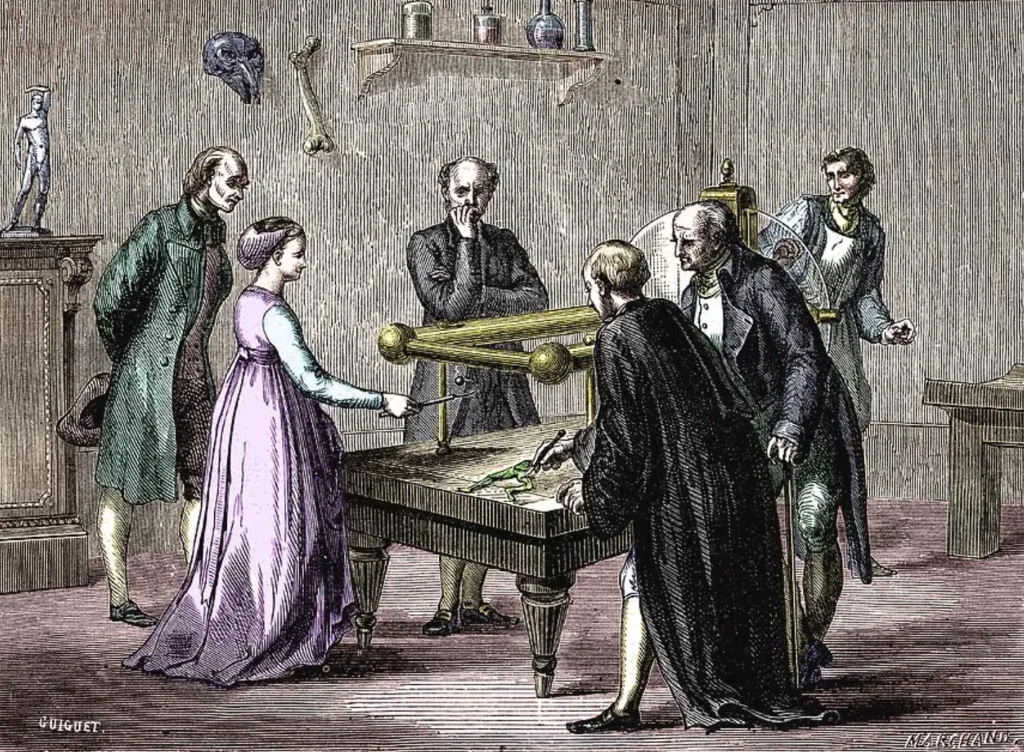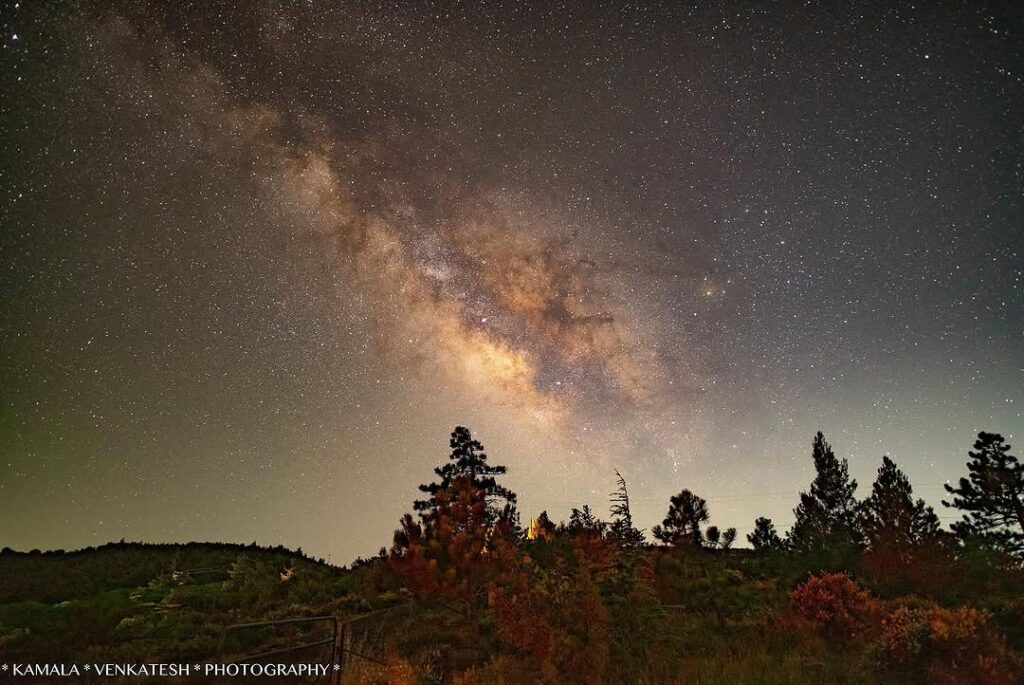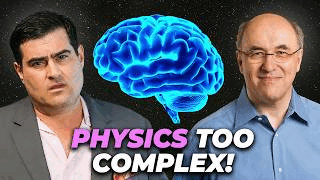Stolen Valor, Academia Edition
Dear Magicians,
We need to talk about academic freedom. And tenure.
Most people think these institutions protect bold thinking.
They don’t.
They protect mediocrity.
The Paradox
Here’s what’s actually happening in universities. The people who have tenure? They rarely need it. They’ve already made their reputations. They’re comfortable. Engineers, mathematicians, skilled artists, and writers.
The people who desperately need protection to take intellectual risks? Graduate students. Postdocs. Assistant professors scrambling to hold on to their first real academic job.
They don’t have tenure.
So they play it safe. They have to.
This creates a perverse incentive structure. The very system designed to encourage intellectual courage has become a monument to intellectual cowardice.
Think about it. If you’re a young physicist, are you going to propose something truly revolutionary? Something that might fail spectacularly?
No. You’re going to study the 47th variation of something that’s already been studied 46 times.
Why? Because failure means no job. No job means no career. No career means you’re driving for Uber with a PhD in theoretical physics.
The Great Borrowing
But here’s where it gets interesting. And by interesting, I mean deeply problematic.
Academic freedom has been hijacked.
The hard sciences, the skilled authors, and the artists earned their credibility the old-fashioned way. Through results. Penicillin works. Great books sell. GPS satellites stay in orbit. Your iPhone actually makes phone calls.
These are undeniable facts you can verify, no arcane review committees needed.
But other departments have borrowed, nay, stolen this credibility. They’ve wrapped themselves in the same flag that protects physicists and engineers.
“You can’t question our work,” they say. “We have academic freedom. Just like the people who split the atom.”
This is intellectual theft. Stolen valor of the academic kind.
When a professor of gender studies claims the same institutional protection as someone developing cancer treatments, something has gone wrong. Badly wrong.
One of these disciplines has given us MRI machines and space travel. The other has given us… well, what exactly?
The Victim Industrial Complex
Let me tell you about a particular kind of academic I’ve encountered. Let’s call her Professor X.
Professor X has benefited from every advantage the system offers. Mentorship. Funding. Institutional support. She’s climbed the academic ladder step by step.
And now? She bites the hand that fed her.
She positions herself as a victim of the very system that made her career possible. She attacks her mentors. She critiques the university that gave her a platform.
Why?
Because victimhood is currency in many departments. It’s easier to complain about meaningless missing ‘land acknowledgements’ than to produce work that stands on its own merit.
This isn’t courage. This is opportunism dressed up as moral clarity.
The Innovation Graveyard
Meanwhile, actual innovation is dying.
Funding agencies have become risk-averse bureaucracies. They fund safe projects. Incremental advances. Slight variations on established themes.
Revolutionary ideas? Too risky.
Paradigm-shifting research? Too uncertain.
The result is a graveyard of missed opportunities. How many potential breakthroughs have we sacrificed on the altar of career security?
We’ll never know. That’s the tragedy.
The False Equivalence Problem
Here’s what bothers me most about the current state of things.
Not all academic disciplines are created equal. This shouldn’t be controversial to say, but apparently it is.
When engineers design a bridge, we can measure whether it works. Cars either drive across it safely, or they don’t.
When physicists predict the behavior of subatomic particles, we can test their predictions.
The particles either behave as expected or don’t. A book either sells thousands of copies or it is only required to be purchased by the professor’s students, by dint of syllabus.
But when certain humanities professors make claims about society, culture, foreign land disputes, or human nature? How do we test those claims?
Often, we can’t. Or won’t. Or aren’t allowed to ask.
This is a problem. A big one.
Because all academic disciplines are now asking for the same level of public trust and financial support. They’re all claiming the same protections.
But they’re not all producing the same kind of verifiable knowledge.
The Path Forward
So what do we do?
First, we need to be honest about what academic freedom actually protects. And what it doesn’t.
It should protect the right to pursue difficult questions. To challenge orthodoxy. To fail in service of truth.
It shouldn’t protect the right to push indoctrination in the classroom, pushing political agendas under the guise of scholarship.
Second, we need to reward intellectual risk-taking, especially among young researchers.
Create funding mechanisms that explicitly support high-risk, high-reward projects. Make it possible for someone to fail spectacularly and still have a career.
Third, we need accountability. Real accountability.
Not all ideas are equally valid. Not all research is equally valuable. Not all academic work deserves the same level of support.
This isn’t anti-intellectual. It’s pro-intellectual. It’s about maintaining standards that actually mean something.
The Real Mission
Here’s what we’ve forgotten.
The point of universities isn’t to provide comfortable sinecures for people with advanced degrees. It’s not to validate every political ideology that manages to cloak itself as scholarship.
The point is to advance human knowledge. To solve problems. To make life better for people who will never set foot on a university campus.
That’s the mission. Everything else is noise.
When we lose sight of that mission, we get the system we have now. Risk-averse. Politically captured. Increasingly irrelevant to the lives of ordinary people.
We can do better. We must do better.
The alternative is to watch universities become expensive daycare centers for adults who can’t handle the real world.
Is that really what we want?
I don’t think so. Do you?
I covered many of these themes in my conversation with Lawrence Krauss. Watch it here.
Until next time, have a M.A.G.I.C. Week,
Brian
Appearance
I was on Julian Dorey’s Podcast, I dive into mind-bending ideas—from Terrence Howard’s unconventional math and physics theories to UFOs, dark matter, and whether NASA is being unfairly maligned. I also share some wild personal stories from the South Pole to my time nearly working at NASA, all while breaking down what real science is—and isn’t.
Genius
I really enjoyed this essay by Derek Thompson ‘Science Is the Belief in the Ignorance of Experts’
Image
Conversation
I am joined by Stephen Wolfram to explore whether human brains – or even superintelligent AIs—can ever truly comprehend the universe, or if we’re confined to our own “computational prison.” If you’ve ever wondered about the real limits of our understanding, you won’t want to miss this mind-bending conversation.
Advertisement
If you’re a STEM professional or aspire to be, I know you’ll love my STEM self-help book, Think Like a Nobel Prize Winner. It’s full of actionable tips from the world’s most brilliant but relatable geniuses. They’ll teach you to overcome the imposter syndrome, collaborate with your competition, and thrive in today’s cutthroat academic environment.
Read the first chapters for free here.
Advertisement
By popular demand, and for my mental health 😳, I am running a paid “Office Hours” where you all can connect with me for the low price of $19.99 per hour. I get a lot of requests for coffee, to meet with folks one on one, to read people’s Theories of Everything etc. Due to extreme work overload, I’m only able to engage directly with supporters who show an ongoing commitment to dialogue—which is why I host a monthly Zoom session exclusively for patrons in the $19.99/month tier.
It’s also available for paid Members of my Youtube channel at the Cosmic Office Hours level (also $19.99/month). Join here and see you in my office hours!
Upcoming Episode
Dr. Bret Weinstein will be on The INTO THE IMPOSSIBLE Podcast soon. This evolutionary biologist turned intellectual renegade co-authored “A Hunter-Gatherer’s Guide to the 21st Century” and hosts the Dark Horse Podcast, where he fearlessly challenges scientific orthodoxy and institutional narratives that most academics won’t touch—making him one of the few credentialed scientists willing to risk his career for uncomfortable truths.
As the brother of mathematician Eric Weinstein and a central figure in the Evergreen State College controversy that exposed the ideological capture of higher education, Bret represents exactly the kind of rigorous yet contrarian thinking this audience values.
What burning questions do you have for someone who’s lived through academia’s transformation from truth-seeking institution to ideological battleground?





